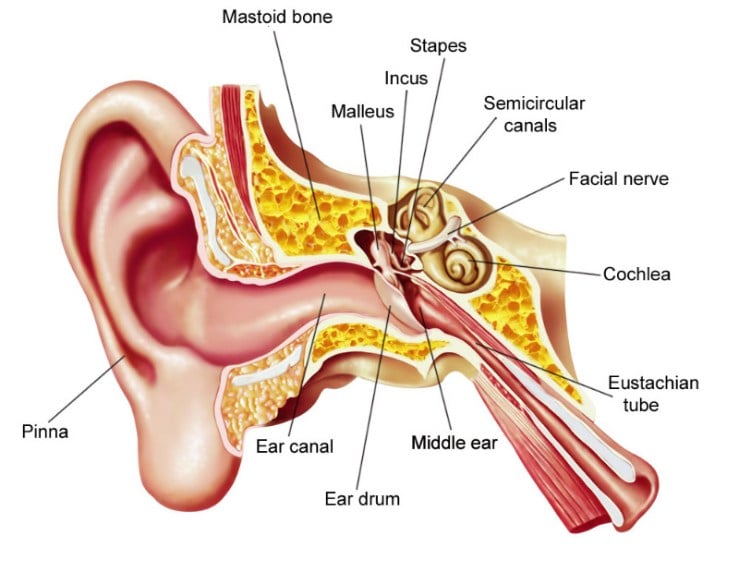Meniere's diseasePLEASE NOTE - THIS INFORMATION IS INTENDED FOR GUIDANCE ONLY. IT IS NOT IN ANY WAY A SUBSTITUTE FOR A SPECIALIST CONSULTATION. What is Meniere's disease? Meniere's disease is a condition affecting the hearing and balance organs in the inner ear. It generally affects adults, causing attacks of dizziness. The symptoms of Meniere's disease can be similar to those of vestibular migraine, and it can sometimes be difficult to tell the two apart. What causes Meniere's disease? The exact cause of Meniere's disease remains unknown, although there are several theories about how it comes about. Within the inner ear there are several organs concerned with balance, called the semicircular canals, the utricle and saccule, and also the cochlea, which is concerned with hearing. These organs contain two different types of fluid, called endolymph and perilymph, separated by thin membranes. We know that in patients with Meniere's disease something goes wrong with the system that controls the pressure of the endolymph, causing distortion of these thin membranes and stopping the inner ear from working properly. Sudden changes in pressure seem to cause the attacks of dizziness and hearing changes that are typical of Meniere's. What we don't know is exactly why the problem with the control of the endolymph pressure arises, or what triggers the sudden changes in pressure that seem to cause an attack. What are the symptoms of Meniere's disease? People with Meniere's disease usually suffer from attacks of spinning dizziness (called rotatory vertigo), which may last anything from about 15 minutes to several hours. The attacks may be accompanied by other symptoms in one ear such as noises (tinnitus), hearing loss or a feeling of pressure, which then settle once the dizziness has stopped. There may also be a gradual deterioration in overall balance function and a permanent partial loss of hearing in one ear. A few patients seem to have Meniere's disease that just affects the cochlea, with a fluctuating hearing loss, often with tinnitus and a feeling of pressure. Some of these patients will later go on to develop more "classical" Meniere's disease with attacks of dizziness. If you have Meniere's disease in one ear, there is a chance of developing it in the other ear at some stage. The commonly quoted figure is that there is a 40% (4 out of 10) chance of developing Meniere's in the other ear within 20 years of diagnosis, although in fact the true risk may not be quite this high. How can Meniere's disease be treated? There are a number of treatments for Meniere's disease, which we will be happy to discuss with you. We generally recommend having some sort of treatment such as Buccastem with you at all times in case you suffer an attack, but for most people we also recommend taking some steps to reduce the chances of an attack developing (prophylaxis). The first of these measures is adopting a strict low salt diet. This is a surprisingly difficult thing to do, as there is salt in virtually all processed food, including cured meats such as ham and bacon, bread, pre-prepared sauces etc. Ready-meals and take-aways may be particularly high in salt. We generally ask patients to aim to get their salt intake below 1 gram per day if possible, and certainly below 2 grams per day. The other thing that is important is to cut out caffeine (tea, coffee, Coca-Cola, Red Bull etc.) Decaffeinated varieties are fine. There are some patients whose Meniere's disease can be controlled on dietary changes alone, but medication is often required as well. It is important to remember that even if you are on medication it is important to keep to the strict low salt diet. Occasionally medication does not provide adequate control, and there are then other options, such as grommet insertion, use of the Meniett device, direct injections into the ear of either steroid or an antibiotic called gentamicin or, very rarely, more extensive surgery.
|

